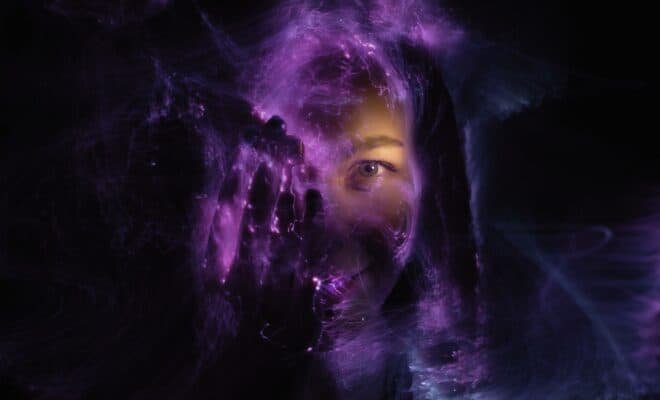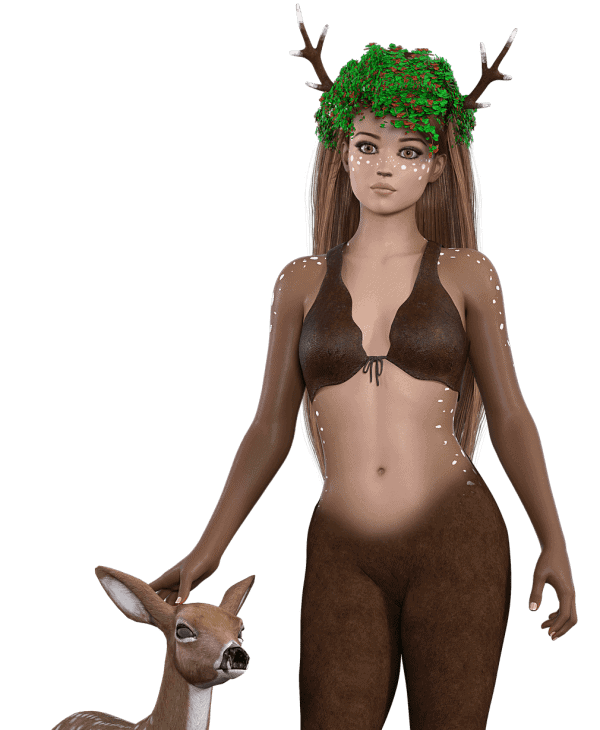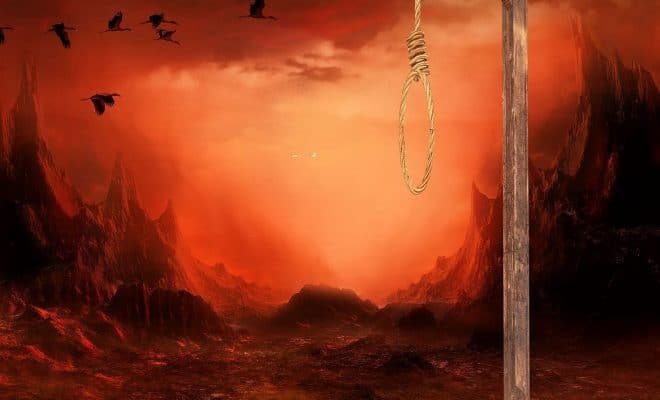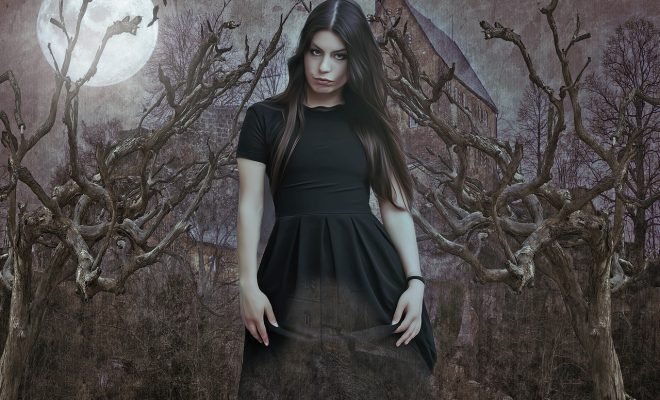Myths And Monsters – A Writer’s Perspective

*There are references to many different stories in this article. Beware, there might be spoilers for something you’re interested in!*
One of the hardest parts of being on a long Winter Break when my siblings aren’t is that I’m home alone for most of the day. Of course, it’s not hard in the way one would expect. I enjoy total control of the living room and TV. The only problem is that it’s easy to run out of things to do or to watch, especially if you enjoy Netflix as much as I do. To pass the time, I write and usually have something playing in the background because silence drives me crazy. Now, what do I watch when I’m caught up on all my favorite shows? I watch documentaries.
The subject of a documentary usually doesn’t matter to me. While I may not enjoy the act of sitting in a classroom with a professor, I love to learn. Documentaries are also a fantastic way to get writing inspiration when I’m having trouble with ideas. Some of my favorite documentary subjects include science and history and crime. Oh, I love an intriguing crime documentary. However, Netflix’s documentary category is lacking for me this Winter Break because I’ve watched almost all of them. Imagine my surprise, during my last week of freedom before classes start when I see a new documentary series being recommended to me.
Of course, with little else to do, I read through the synopsis and learn that it is called Myths and Monsters. Already, it has my attention. It’s a six-episode documentary series that explores various myths and legends, revealing their origins and exploring why these stories have endured so long. Now, I was skeptical that I would enjoy this series for all six episodes, but it has beautiful illustrations and impressive experts on the myths themselves that kept me engaged. Better than that, it can be used as a writing tool and I’ll show you what each episode focuses on.
1. Heroes and Villains
In the first episode alone, it reviews The Hero with a Thousand Faces by Joseph Campbell. For those who aren’t familiar, it is a work that compares mythological heroes and finds the similarities to build the hero. In it, he dictates what we all have come to recognize as the hero’s journey. This journey is something that many writers are familiar with and base their stories around. George Lucas, the creator of Star Wars, admitted that he modeled much of Luke Skywalker’s journey in the original trilogy off of that idea. It gives beautiful examples of how this journey plays out by comparing different European legends. This episode is a must for writers who are unsure of how to structure a plot and build their character as a hero.
2. The Wild Unknown
An important aspect of every story is the unknown world that the hero journeys out into. This refers to a fear of the wilderness, a place of mystery and darkness, as a place where travelers can find both rewards and regrets. Throughout history, different societies have used their legends of what lurks beyond our backyard as a way to explore what frightens us about the world and about ourselves. In this episode, they use stories from the Brothers Grimm and the legend of the Kraken to prove this. That fear and curiosity of what could exist in the wilderness give way to stories like those, of creatures that cannot be controlled and lands that should not be explored.
3. War
War has been a constant in human history and continues to inspire stories of dystopian worlds, ravaged by conflict. Those stories often serve as the roots of a society’s values, beliefs, and identity. For some stories, they provide the origin story to a country itself. The Roman Empire was built around the violent myth of Romulus and Remus, twins who set out to build a city of their own and ended in the death of the latter. In the Hunger Games series, it is a war that left America in the chaotic state that led to a game of death played by children. Why do we fight? Why do we love stories about the fight? Why do these matter to us so deeply? Human beings are drawn to conflict, especially when we believe in the struggle.
4. Love and Betrayal
One of the most powerful emotions is love because it is a double-edged sword. Love can be powerful and inspiring, but also so destructive. It comes in many shapes and inspires so many emotions. Lust, jealousy, betrayal and so many more dark emotions have inspired some of the most enduring stories known to man. Often, it is an irrational force in literature as it is in life. Love stories can tell us about the value placed on love, the significance we give to it, and how it is conceived. One of the most prominent stories is that of Romeo and Juliet, where the love between two teenagers led to the deaths of six people. Romeo and Juliet’s love betrayed them because one was so in love with the other that the thought of living without them led to suicide. A more recent example would be the Harry Potter series and its overarching message that love is more powerful than anything else, which is what leads Harry and his friends to victory. This complex emotion can be used in a hundred ways, each more beautiful or deadly than the last.
5. Change and Revolution
An important aspect of the hero’s journey, as told by Joseph Campbell, is the change to themselves and society after their story has concluded. The changes of these characters can be clear and precise, while others are subtle and harder to find. However, a change must occur to make that story and the hero’s journey worth telling. Without that most important characteristic, the audience is left to wonder why they should care. For many characters, especially in modern stories, this change comes in the form of revolution. They must choose to be the savior that their world and their society needs them to be. They must adapt to the struggle and change themselves if they want to see good prevail against their evil. Some notable characters who face this change include Emma Swan (Once Upon A Time), Tris Prior (Divergent), Robin Hood (The Merry Adventures of Robin Hood), and many more.
6. The End of All Things
Death. The word sends a chill through people and it should. It’s a frightening concept, an uncertainty that awaits all of us someday. Stories, myths and legends alike, help explore that fear and tell us why we have them. Each culture has its own tales of death, which also show what they value in life. In stories, they often deal with the fact that death is something we cannot avoid. It destroys characters, twists them until they are unrecognizable in their grief. When our favorite characters are lost, it gives us our own sense of grief. Sometimes we’re lucky and our characters die happy, fulfilled. Most times, authors are not so kind. Rick Riordan is a master of the not-so-kind deaths. In The Last Olympian, one of the supporting characters that we come to appreciate is killed on a bridge and his body is lost. While he’s not the main character, we still recognize and feel his death because of how Riordan writes it. In life, death is often like this. There is rarely explanation or warning. It just is.
Overall, Myths and Monsters reviews some of the most important aspects of a good story. It delves into why these characteristics are something we look for in a good story. I would recommend this Netflix series for anyone interested in writing their own story. I’ve been writing stories for years and have never found something so informational, as well as entertaining, to help. Still, what works for me might not work for you. Either way, check out the and trailer and give it a shot. Maybe you’ll be inspired too.










